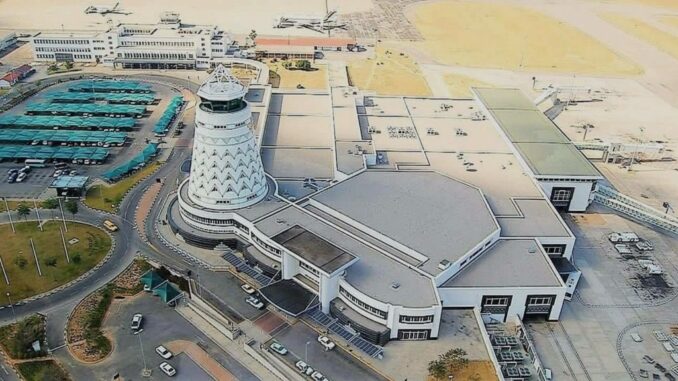
Zimbabwe’s President, Emmerson Mnangagwa, has announced a suspension of tariffs on goods imported from the United States in an effort to foster a more positive relationship with the US Government, particularly with President Donald Trump’s Administration.
This decision follows Trump’s recent imposition of an 18% tariff on Zimbabwean exports to the US. Mnangagwa stated that the move is aimed at expanding American imports into Zimbabwe while also supporting the growth of Zimbabwean exports to the US, a step towards improving the strained diplomatic relations between the two countries.
Zimbabwe’s relationship with the US has been tense for decades, mainly due to Zimbabwe’s controversial land reform policies and its human rights record. In 2000, Zimbabwe’s government began seizing white-owned farms, a move that led to US sanctions.
Although the Biden administration lifted some of these sanctions in 2024, they were replaced with targeted sanctions on 11 individuals, including Mnangagwa, over issues related to democratic backsliding and human rights abuses. Zimbabwe’s trade with the US remains limited, with only $111.6 million worth of goods exchanged in 2024, highlighting the challenges of this economic relationship.
Despite the positive rhetoric, Zimbabwean analysts and critics, such as political commentator Tendai Mbanje and journalist Hopewell Chin’ono, argue that Mnangagwa’s decision may not yield significant benefits for Zimbabwe. Mbanje pointed out that the move could primarily benefit the US, while Chin’ono suggested that Mnangagwa might be attempting to appease the Trump administration in hopes of sanctions being lifted. Furthermore, Chin’ono, who is also critical of Mnangagwa’s leadership, stressed the importance of a coordinated regional response through SADC (Southern African Development Community) rather than acting unilaterally in response to global trade dynamics.
